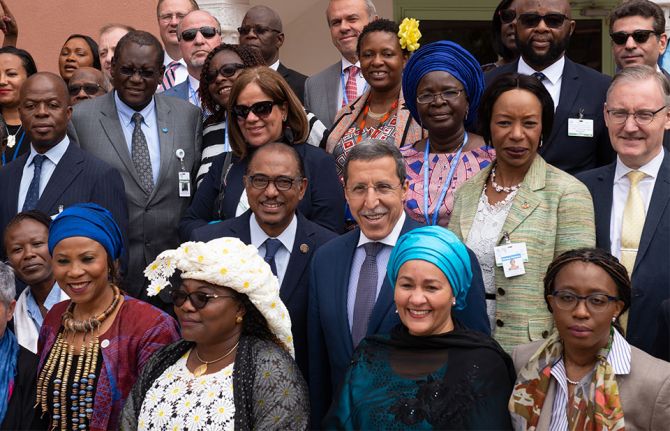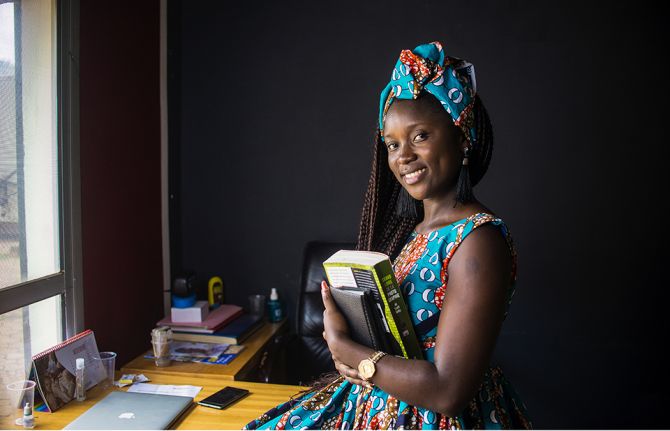Documents
20th international AIDS conference
AIDS 2014 took place 20-25 July in the Australian city of Melbourne under the theme “Stepping up the pace”. Delegates from all over the world participated in a series of sessions, panels and community-led discussions to take stock of the progress made, analyze the latest scientific advances and mobilize governments and communities to chart the way forward to end the AIDS epidemic.
Related
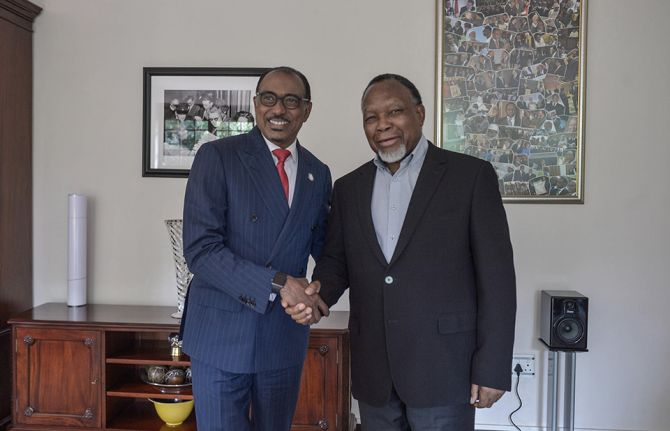 Keeping up the momentum in the global AIDS response
Keeping up the momentum in the global AIDS response

24 avril 2019
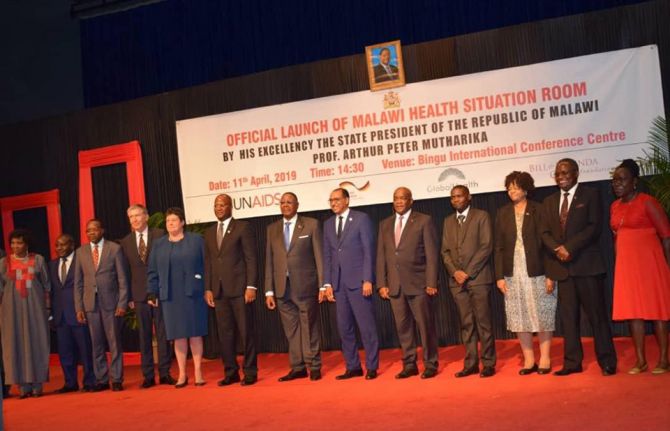 Malawi launches its health situation room
Malawi launches its health situation room

12 avril 2019
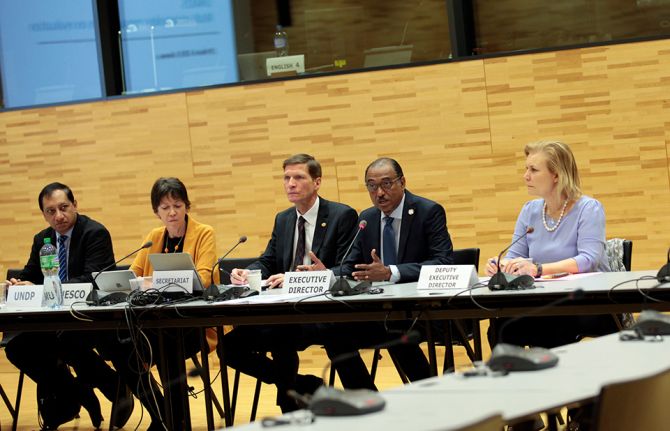 Learning lessons on evaluation
Learning lessons on evaluation

02 avril 2019
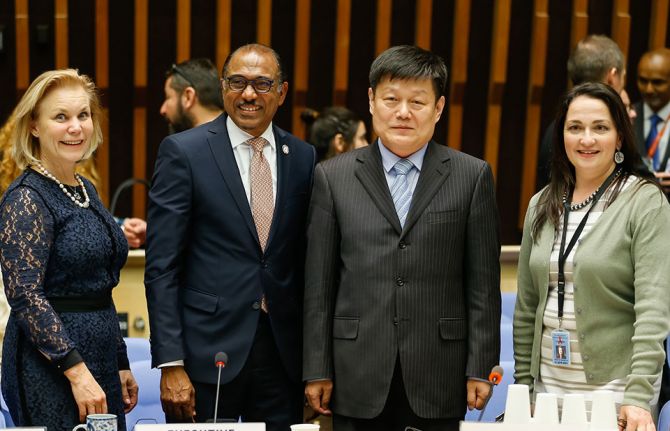 UNAIDS presents a new plan to create a healthy, equitable and enabling environment for UNAIDS staff
UNAIDS presents a new plan to create a healthy, equitable and enabling environment for UNAIDS staff

01 avril 2019
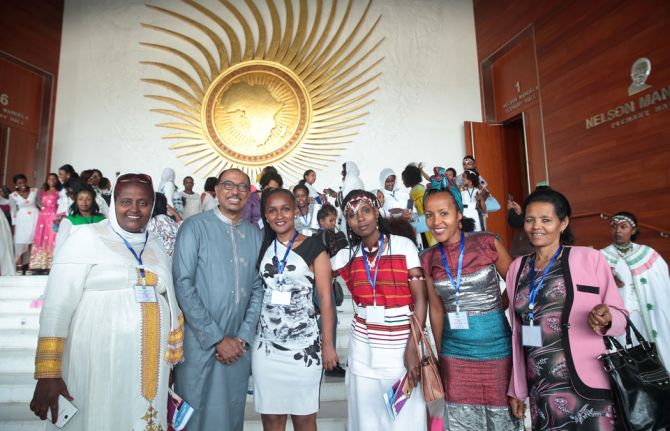 International Women’s Day in Ethiopia
International Women’s Day in Ethiopia

12 mars 2019


